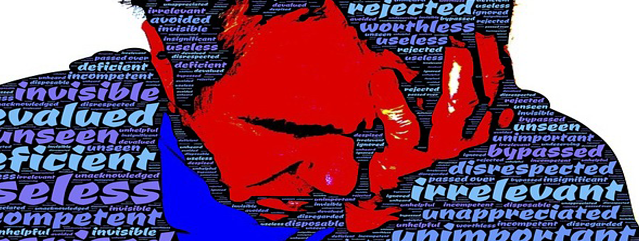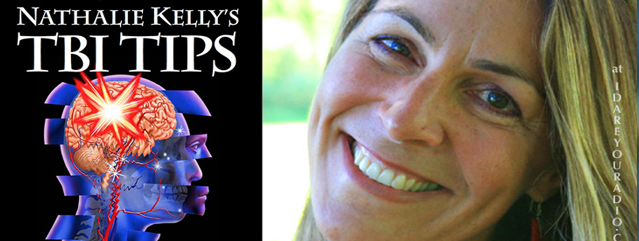Writing Prompts

I recently attended a memoir writing retreat at La Finca in Vieques, Puerto Rico, where eleven of us gathered in the Caribbean breeze each morning to discuss work submitted by two separate participants. But before we plunged into the nitty-gritty of structure, voice, character development, and so on, we warmed up our brains each morning by spending fifteen minutes responding to a writing prompt provided by Elizabeth Cohen, award winning writer, poet, memoirist, journalist, steadfast writing mentor, and Assistant Professor of English at SUNY Plattsburgh.
I like writing prompts, timed prompts; they drive me to write fast, to keep the pen moving, to not fret over whatever it is I’m writing about. Prompts force me to let it all out, to express what I otherwise would second-guess expressing. One of my favorite prompts Elizabeth offered us came from a Mary Oliver poem, “The Summer Day.” In the poem she says, “I don’t know exactly what a prayer is.” The prompt: “What is a prayer?”
Maybe I wasn’t paying close enough attention to what Elizabeth asked us to respond to, because I heard her say this: “What does it mean to pray.” But, hey, that’s the beauty of prompts; they leave room for choice. So here’s what I wrote:
To be still and quiet is to pray. To walk barefoot in the grass, and feel each blade between the toes. To close your eyes against the day’s glare and turn inside yourself and breath out any knots and tangles. To breath in the memory of being carefree, of doing water angels and skipping stones on a midnight lake. To pray is to sing, to write, to call forward that which makes you still, still enough to listen to the sounds you cannot hear. It’s to hold close to you the heartbeat of what matters most to you. To pray is to remember that you are not alone, and that candy breezes have the capacity to carry you closer and closer toward the inside of you, deep into the uterine center of you. To pray is to imagine, to feel, to hold a butterfly in the palm of our hand.
I’d love to hear from others what it means to you to pray. (or if you’re good at paying attention, “What is a prayer?”) What other mind-limbering prompts do you have to share?
Read More



Recent Comments